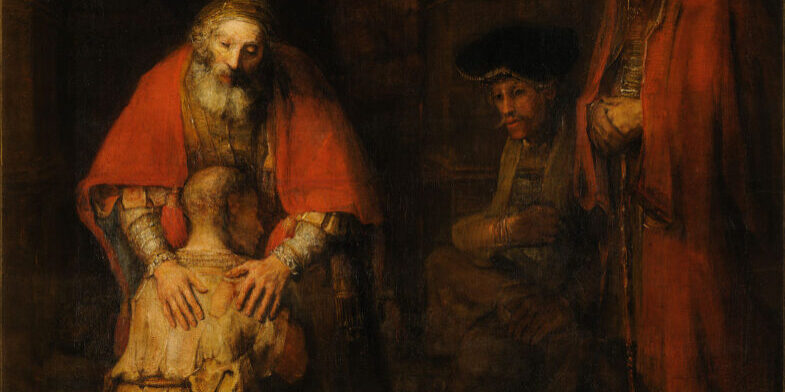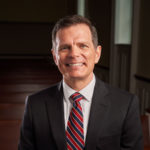
The Psychology of Atheism and Parenting
Sigmund Freud once famously opined that religion was merely the wishful projection of weak people who were looking for their lost father figure. Freud was echoing the earlier theory of Ludwig Feurbach, who made the same claim. In his book, Faith of the Fatherless: A Psychology of Atheism, Paul Vitz turns this thesis on its head and suggests that many well-known atheists reject God because of their own desire to reject their earthly fathers. In his book Vitz surveys a number of famous atheists such as Freidrich Neitzsche, David Hume, Bertrand Russell, Jean-Paul Sartre, Albert Camus, Thomas Hobbes, Voltaire, Fuerbach, Freud, and others and points out that they share several things in common: they were all atheists and they all had dead or abusive fathers. A number of these atheists lost their fathers when they were 3-5 years old and then did not have strong father figures in their lives. Or, some of them had abusive fathers and thus rejected the so-called “Christian faith,” of their tormentors. Parenting is a weighty matter and a burden that only God’s grace can enable us to carry. Click To Tweet
On one level this book is fascinating because of the research that Vitz uncovers. Few, I suspect, examine the environmental and social contexts for atheism. People merely listen and evaluate the rational claims but infrequently stop to ask what events and people shaped the lives of atheists. While we should always engage and dismantle any claim that sets itself up against the knowledge of Christ, we should also be aware of how different circumstances shape people’s lives. In this case, many atheists do not approach the subject with dispassionate interest but with biases and prejudicial opinions. In Freud’s case, it seems that he was the one who was projecting his desire to bury his own father, not that Christians project a felt need for a father figure. In fact, Vitz notes that Freud never presented any clinical data to support his projection thesis; it was simply his unproven opinion.
On another level this book was personally terrifying. As I read about the various atheists and the poor relationships they had with their fathers, I was immediately struck by how influential parents, and especially fathers, can be in the lives of their children. I prayed, and continue to do so, that I by God’s grace I would be an accurate reflection of our heavenly Father to my own children: just, wise, but especially merciful and loving. Parenting is a weighty matter and a burden that only God’s grace can enable us to carry. It also reminded me of how much we as the church need to care for the fatherless. There are many children in the church who do not have fathers due to death, or perhaps because they live in a broken home. The church should look for these children and seek to place godly role models before them—men and women who love Christ and can show them this love.
This book reminded me of an important truth—we suffer serious consequences when we fail to heed God’s word. In this case, when fathers fail to love their children there can sometimes be disastrous consequences. Pray that Christ would enable churches and parents to love and care for our covenant children.
This post was originally published on Dr. Fesko’s blog.

